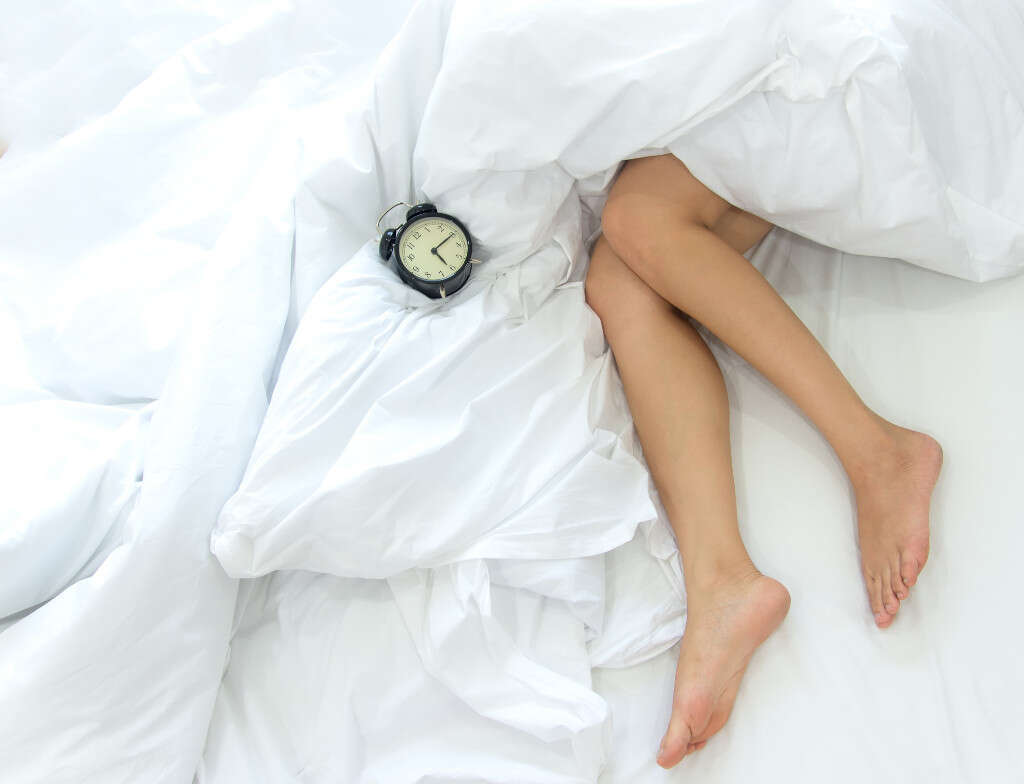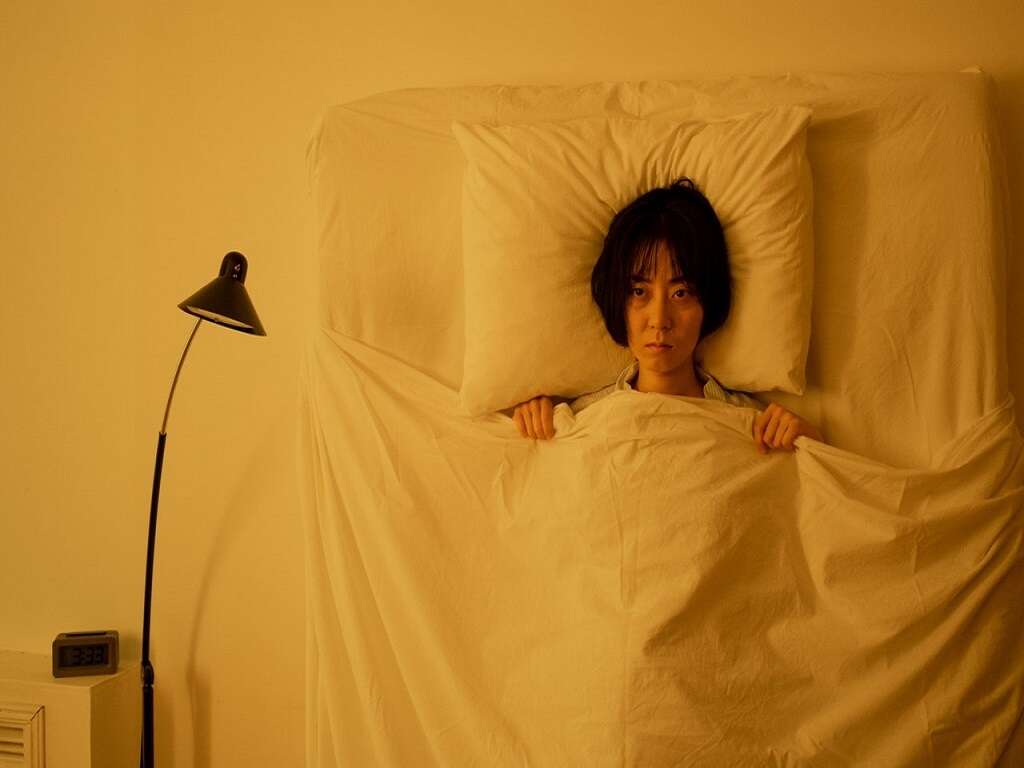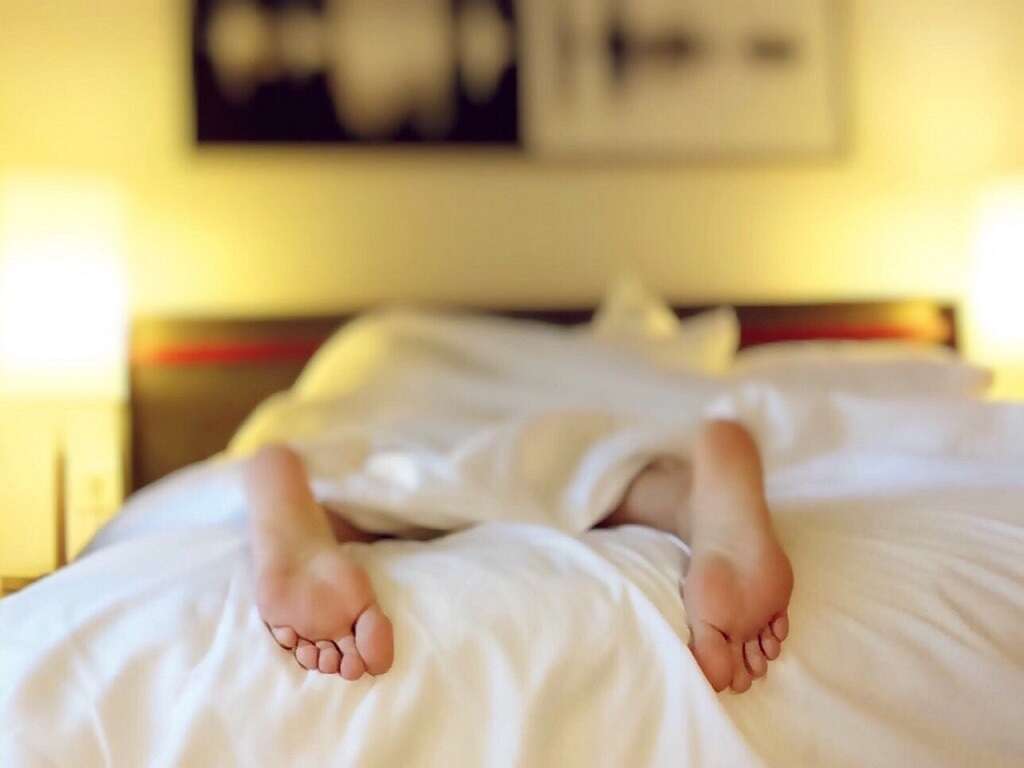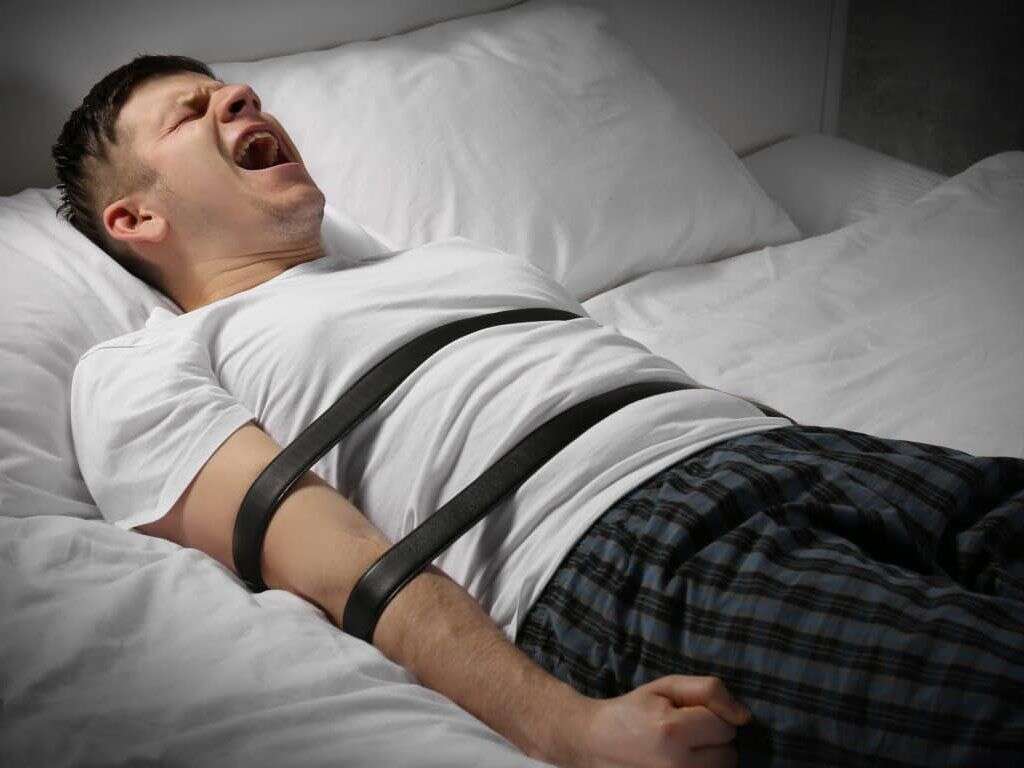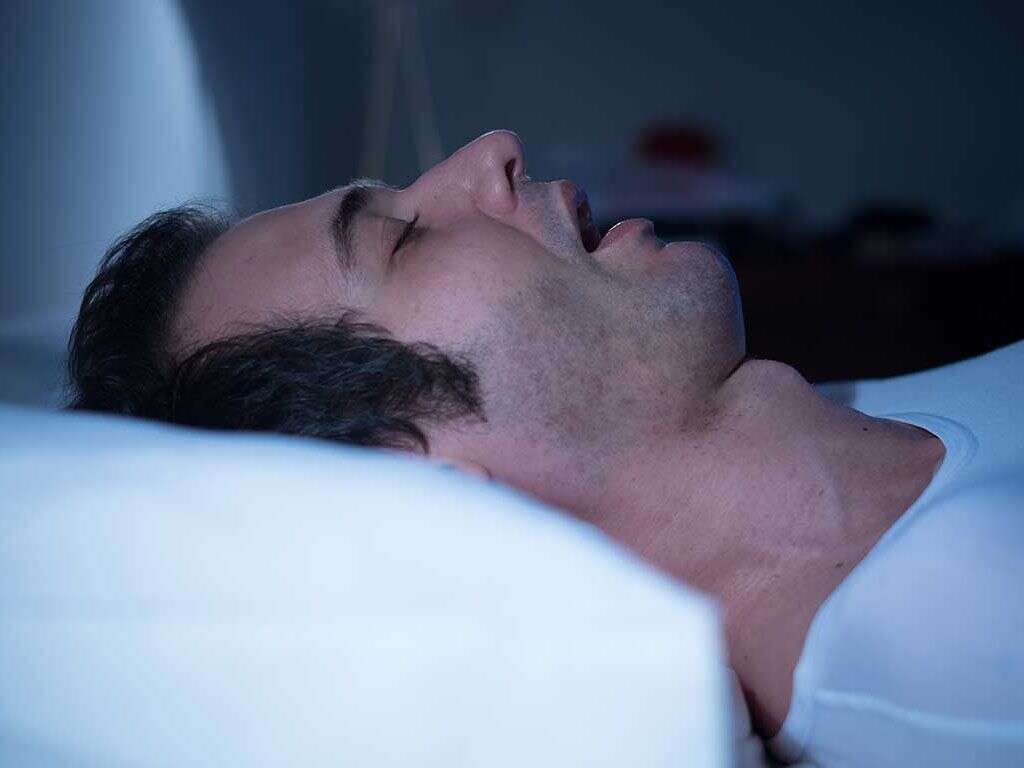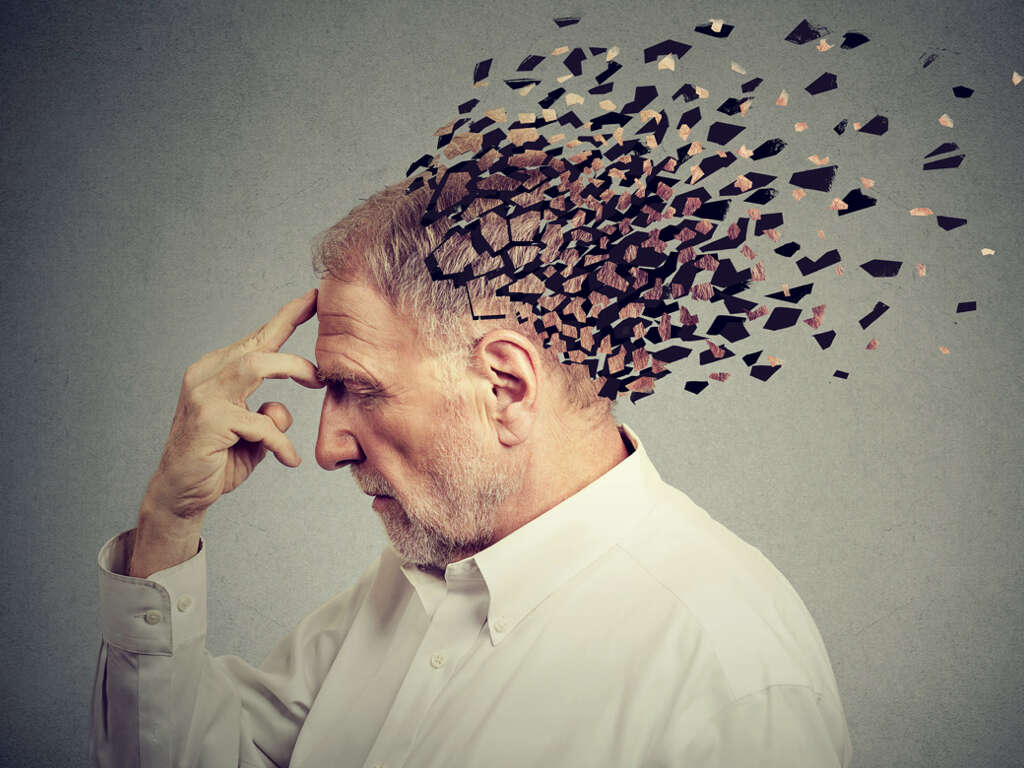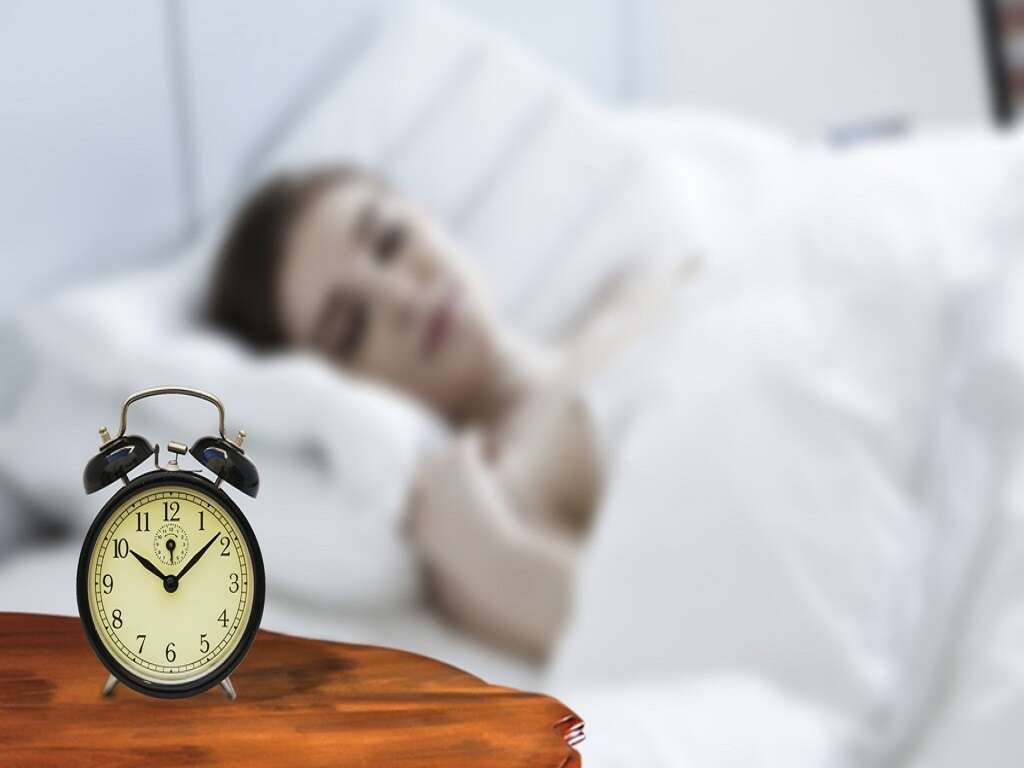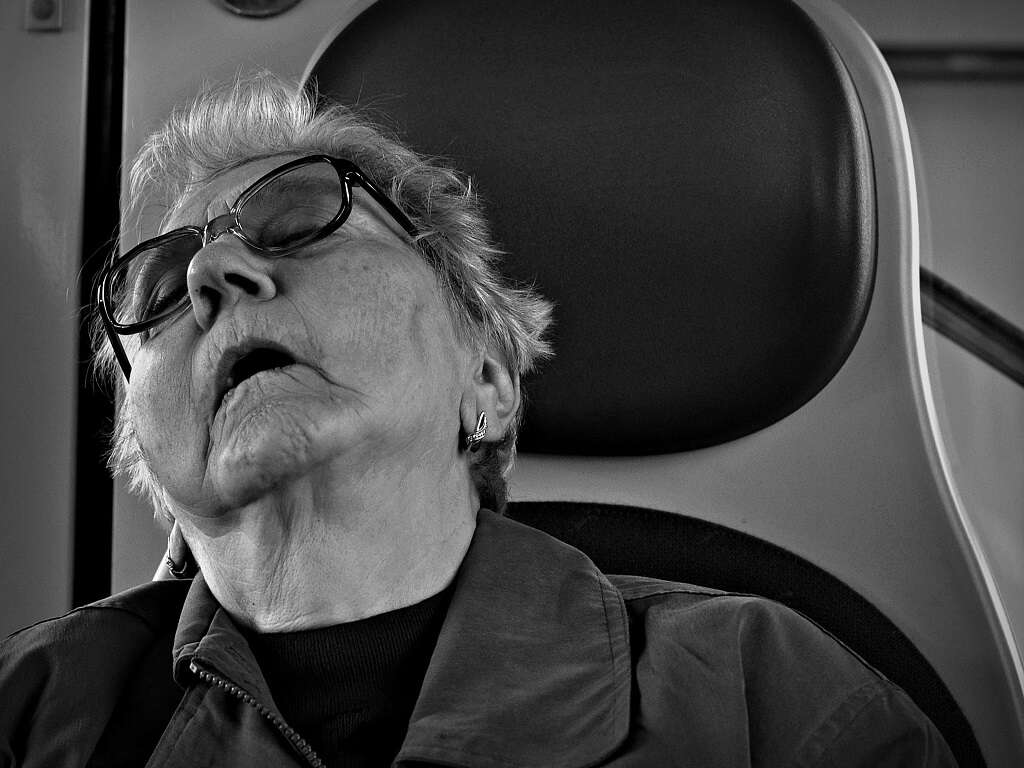10 Causes of Hypersomnia
Hypersomnia or hypersomnolence is also known as excessive daytime sleepiness. It is a neurological disorder that causes excessive sleepiness, distress, and problems with functioning. There are several subtypes of hypersomnia which is classified under sleep-wake disorders. The main presentation of hypersomnia in patients is prolonged nighttime sleep for a minimum period of 3 months. It is estimated that hypersomnia affects about 5 percent of the general population. However, there is a higher prevalence of hypersomnia in men due to the sleep apnea syndromes.
The symptoms of hypersomnia can be quantified using subjective scales such as the Epworth Sleepiness Scale or tests like the multiple sleep latency test (MSLT). Another scale that can be used to measure subjective sleepiness is the Stanford sleepiness scale. Once excessive daytime sleepiness is determined to be present, a full evaluation and complete medical examination is required to rule out other potential differential diagnosis. Hypersomnia can be divided into primary or secondary causes.

Cause #1: Narcolepsy
Narcolepsy is a neurological disorder that is long term and results in a decreased ability to regulate the sleep and wake cycles. Patients often experience excessive daytime sleepiness that ranges from several seconds to minutes. These episodes can occur at any time. 70 percent of narcolepsy patients often experience sudden loss of muscle strength known as cataplexy that can be triggered by strong emotions. There can be inability to move or vivid hallucinations.
While patients with narcolepsy sleep the same number of hours as normal people, their quality of sleep is usually worse. The cause of narcolepsy is still unknown but there are several theories: where one suggests the low levels of neuropeptide orexin due to an autoimmune disorder, toxins, psychological stress, infections, and more.

Cause #2: Idiopathic Hypersomnia
Idiopathic hypersomnia is a neurological condition where there is often excessive daytime sleepiness. It is rarely diagnosed as it is hard to achieve diagnosis at an early stage. It is usually a lifelong disease and can be very debilitating. Since there is low awareness regarding idiopathic hypersomnia, it often causes stigma for those who suffer from it.
Hypersomnia in these patients occurs despite adequate and extraordinary sleep amounts. Their sleep is usually very deep, and others often have difficulty arousing these patients from sleep. Despite long hours of sleep, these patients often awake feeling unrefreshed and may also suffer significant disorientation upon awakening.
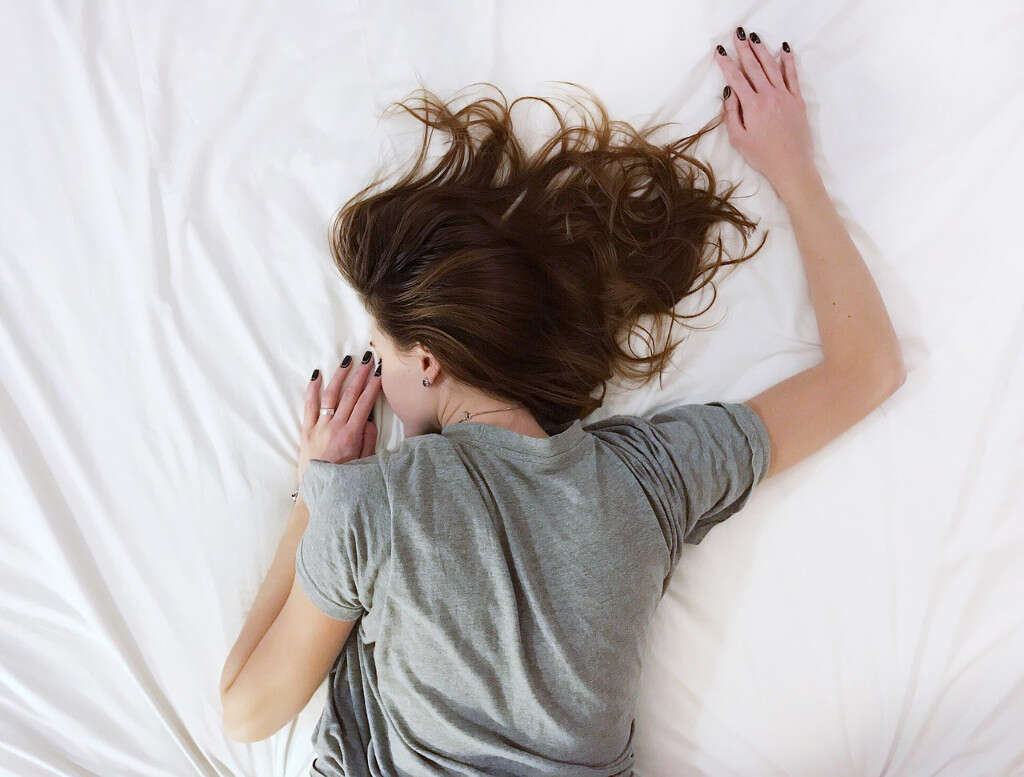
Cause #3: Kleine-Levin Syndrome
Kleine-Levin syndrome (KLS) is also known as Sleeping Beauty Syndrome. It is a rare sleep disorder where there is persistent hypersomnia, mood changes, and cognitive changes. Patients also experience hypersexuality and hyperphagia. These episodes are often recurrent for many years and return at a later age. It can greatly affect personal, social, and professional lives of patients.
Since it is very rare, it is only seen in 1 out of 1 million individuals, limiting the amount of research that can be performed on the disease. Patients with Kleine-Levin syndrome often experience hypersomnia where they sleep from 15 to 21 hours a day.
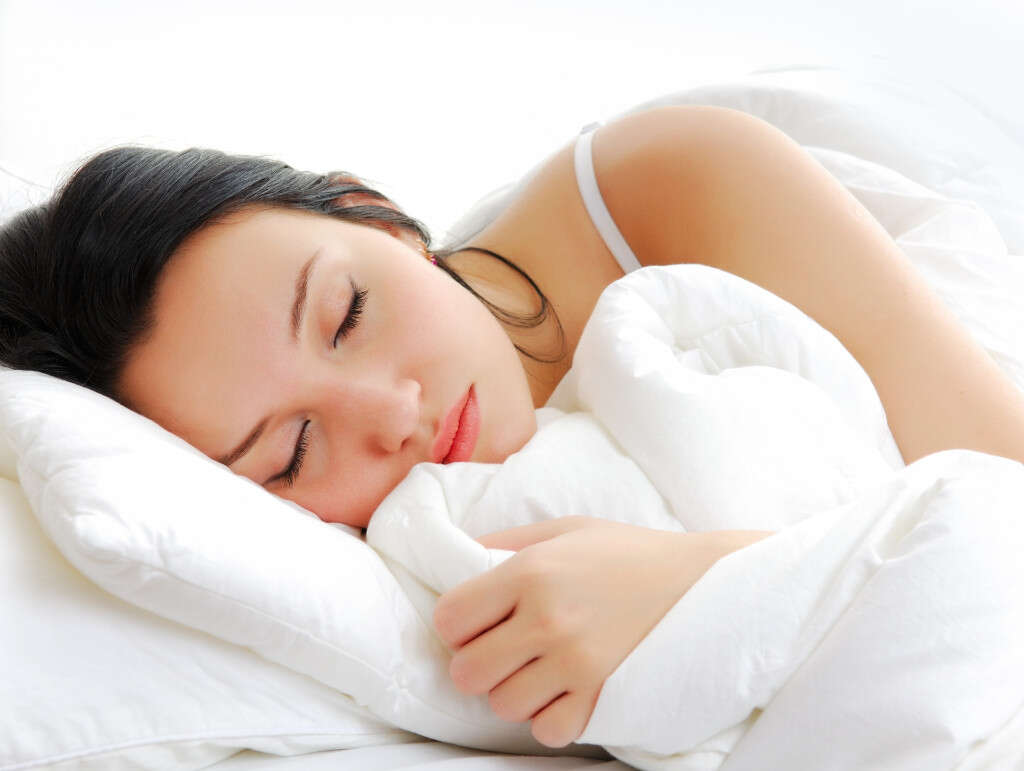
Cause #4: Prader-Willi Syndrome
Prader-Willi syndrome is a genetic condition here there is loss of function of some genes. Newborns with Prader-Willi syndrome often experience poor feeding, weak muscles, and slow development. The affected person also often feels hungry which results in obesity and type 2 diabetes. Some patients may have moderate intellectual or behavioural issues.
The appearance of those with Prader-Willi syndrome often has a narrow forehead, small hands and feet, light skin color, and unable to have children. In childhood, there is often excessive sleeping. The obesity also contributes to obstructive sleep apnea which in turn, is another factor for excessive daytime sleepiness.
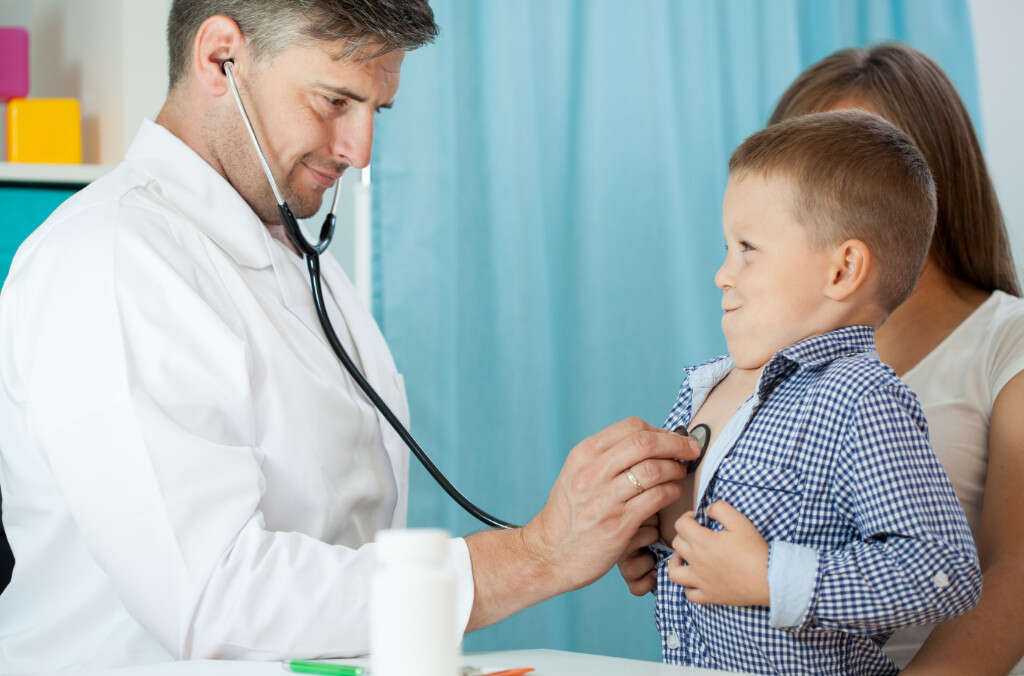
Cause #5: Norrie Disease
Norrie disease is a genetic disorder where it mostly affects the eye and almost always causes blindness. Some also suffer from progressive hearing loss and learning difficulties. Patients with Norrie disease may also develop cataracts, psychotic-like features, incoordination of movements, behavioral abnormalities, and more.
There can be behavioral and cognitive symptoms, learning difficulties, and developmental delay in 30 to 50 percent of males with Norrie disease. It is caused by an X-linked recessive inherited gene. Norrie disease can be associated with central or primary hypersomnia.

Cause #6: Niemann-Pick Disease, Type C
Niemann-Pick type C is a type of disease where there is a lysosomal storage disease that is associated with NPC1 and NPC2 genes. It is a condition that affects 1 in every 150,000 individuals. This disease has a wide clinical spectrum where affected individuals may experience hepatomegaly, splenomegaly, and more. There can also be prolonged jaundice.
Other neurological symptoms include unsteady walking, slurred speech, difficulty swallowing, tremors, epilepsy, dystonia, spasticity, ptosis, hypotonia, depression, hallucinations, and more. It can also cause hypersomnia. While there is no known cure for this condition, supportive care is essential and helps improve the quality of life.
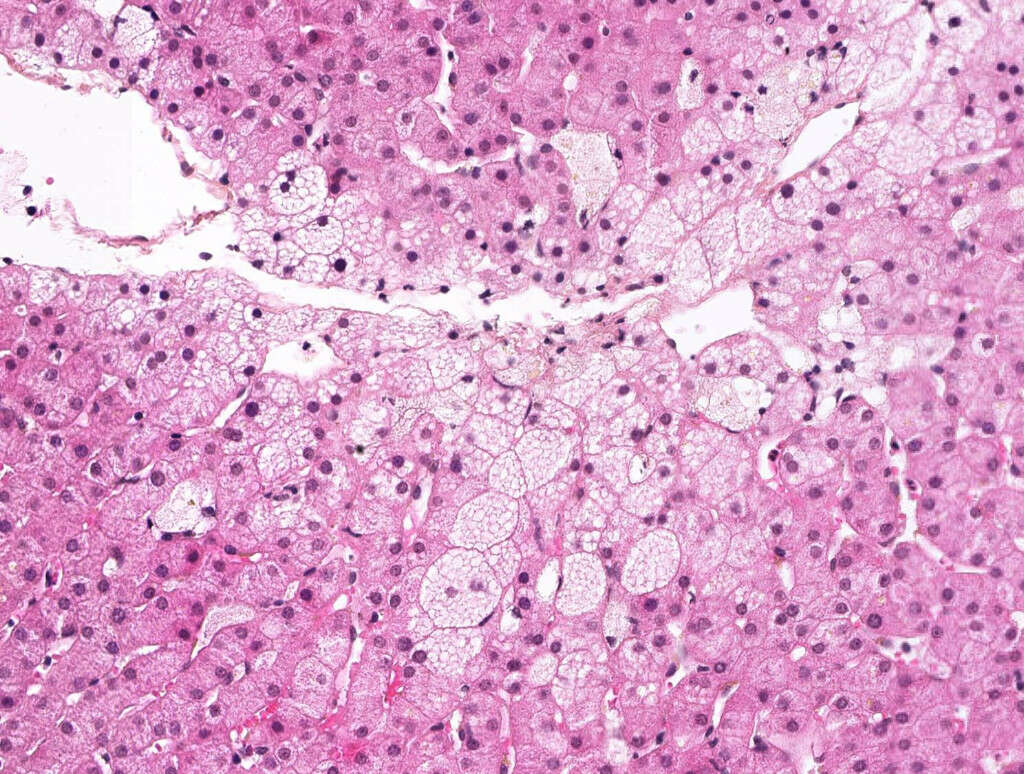
Cause #7: Clinical Depression
Excessive daytime sleepiness is a common complaint among those who suffer from depression. It is considered a consequence of depression due to the disturbances in monoamine activity. It has also been suggested that hypersomnia and depression have common genes and might be inherited together.
It has also been previously recommended that patients with excessive daytime sleepiness be assessed for obesity, depression, and diabetes regardless if there is a sleep disordered breathing.

Cause #8: Sleep Apnea
Sleep apnea is a disorder where there is shallow breathing or pauses in breathing during sleep. Each pause can range from several seconds to minutes with it occurring many times a night. It is usually associated with loud snoring and choking before breathing resumes.
This leads to excessive daytime sleepiness and tiredness during the day. In children, it can cause issues in school where teachers complain that these children often fall asleep in class and have issues paying attention. Sleep apnea can be divided into obstructive sleep apnea, central sleep apnea, and a combination of both.
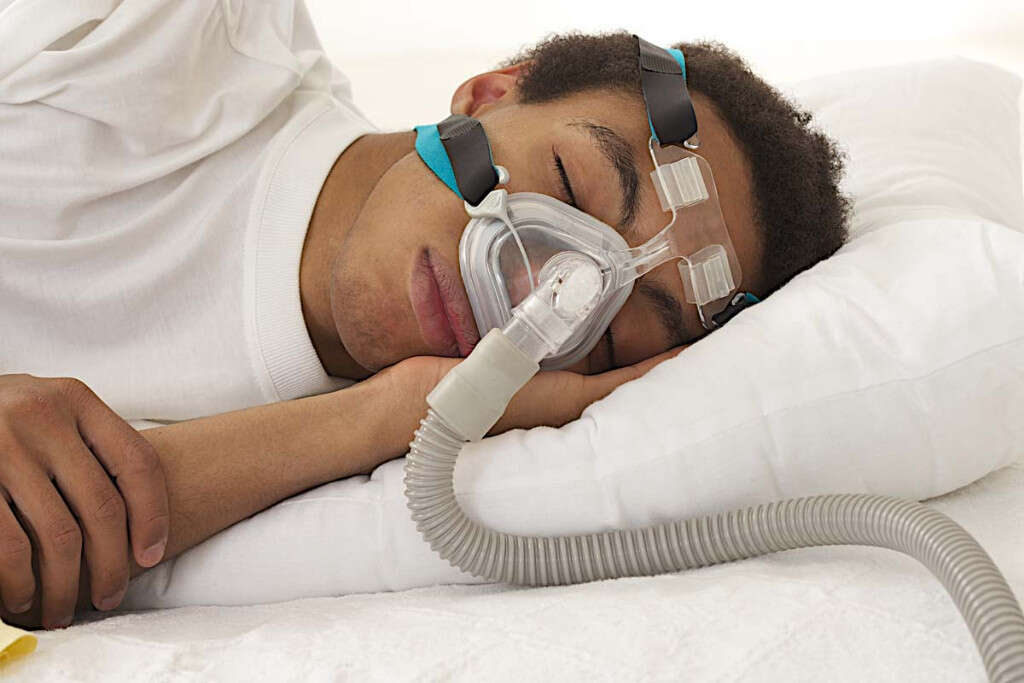
Cause #9: Obesity
Obesity has many mental and physical complications. With the increasing prevalence of obesity, more medical complications such as diabetes and hypertension are natural consequences. It is also associated with mood disorders, eating disorders, sleeping disorders, and more. In obese patients, excessive daytime sleepiness is a common complaint causing learning issues and hazardous events like car accidents.
Obesity can cause hypersomnia as it contributes to sleep disturbances such as affecting ventilation, causing critical pressure, and increasing daytime hypercapnia. This is associated with traumas during activities such as working and driving.
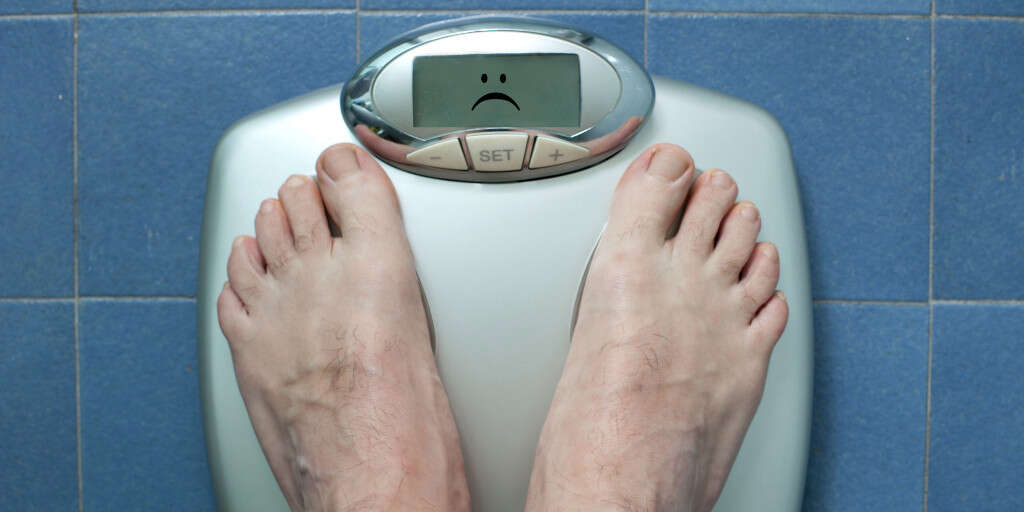
Cause #10: Sleep Movement Disorders
Sleep movement disorders can result in secondary hypersomnia. Examples of sleep movement disorders include periodic limb movement disorder and restless legs syndrome. In restless legs syndrome, it is a condition where there is a strong urge to move the legs due to the unpleasant feeling in the legs which can be described as tingling, aching, or crawling.
These feelings occur at rest and generally make it hard for affected patients to sleep resulting in daytime sleepiness, depressed mood, low energy, and irritability. Patients can also experience limb twitching while sleeping.
